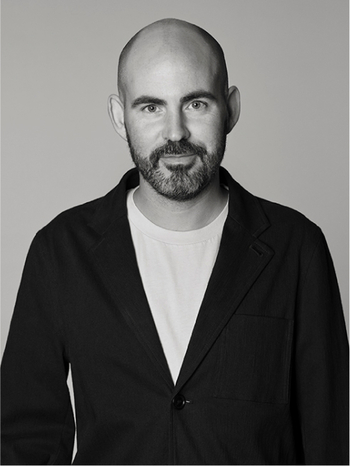Anna Petrus
a cast iron mascaron in the shape of a lion's head, Näfveqvarns bruk, ca 1927, Swedish Grace.
29 x 27 cm, depth ca 9.5 cm.
Damages.
Provenance
Reportedly from a building on the island Väddö in the Stockholm archipelago. Thence by descent within the family before it was recently acquired by the present owner.
Literature
S. Artur Svensson, Gösta Lilja and others (ed), 'Svenskt Konstnärslexikon', Allhems Förlag, Malmö 1961, vol IV, p 410.
H. Kjellin, "Skulptrisen Anna Petrus och hennes "Vindarnas brunn", Sydsvenska Dagbladet 22 januari 1928.
Marie Rehnberg, 'Anna Petrus - Skulptör och industrikonstnär', Bokförlaget Signum, 2009, see the illustration from the Woodland Cemetary, p 90.
Christian Björk, 'Näfveqvarns bruk - konstnärer och arkitekter till industrin', Orosdi-Back 2013, compare with the details on the watering container designed by Gunnar Asplund on the Woodland Cemetary 'Tallum' p 115.
Designer
Anna Petrus was a sculptor, industrial designer, and artist active in the early 20th century. She was born as Anna Petersson, the daughter of a professor of medicine and a countess, and adopted her surname while studying at the Royal Academy of Fine Arts. She inherited a modest fortune at the age of 11 when her mother passed away, which allowed her to pursue her education in London and travel to Italy and France.
Anna Petrus's major international breakthrough came with the Exposition Internationale des Arts Décoratifs et Industriels Modernes in Paris in 1925, where she showcased items in pewter and cast iron, in the Swedish Grace style. Pewter was considered an outdated material at the time, but its popularity grew as designers like Petrus recognised its advantages. In 1924, she began a collaboration with the then newly established Firma Svenskt Tenn. The lion became a recurring motif in Anna Petrus's work, both as sculptures and as stylised decorations.
Read more





































